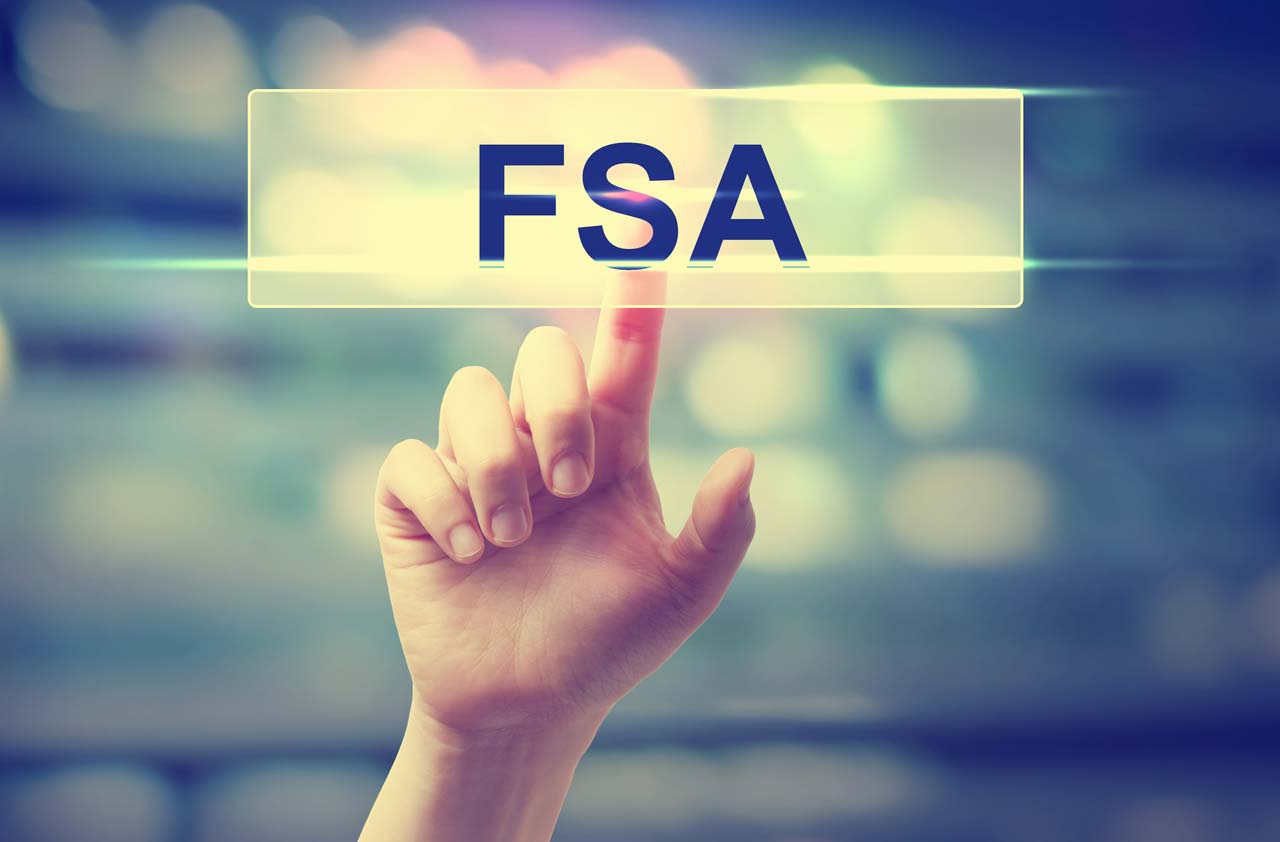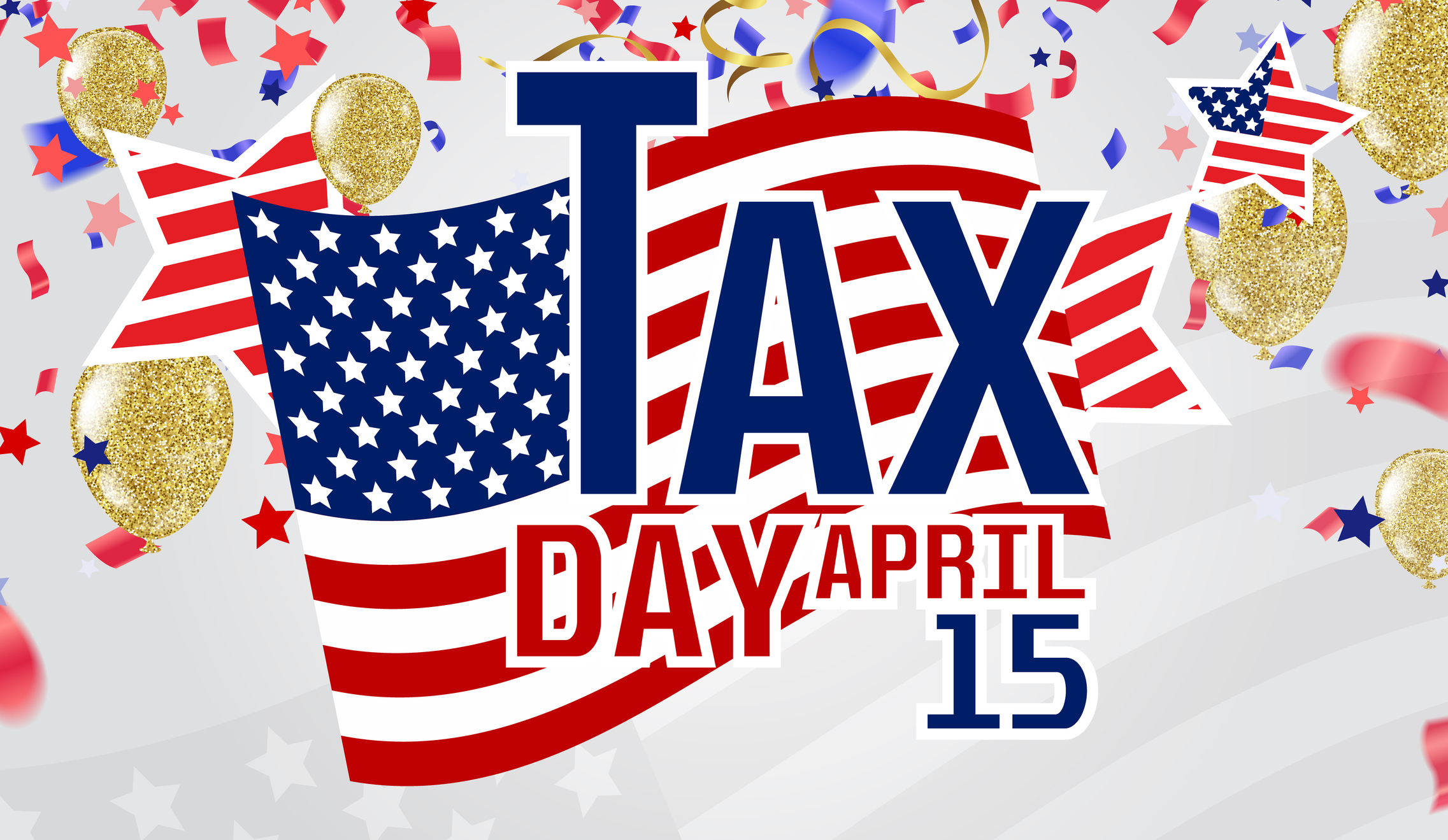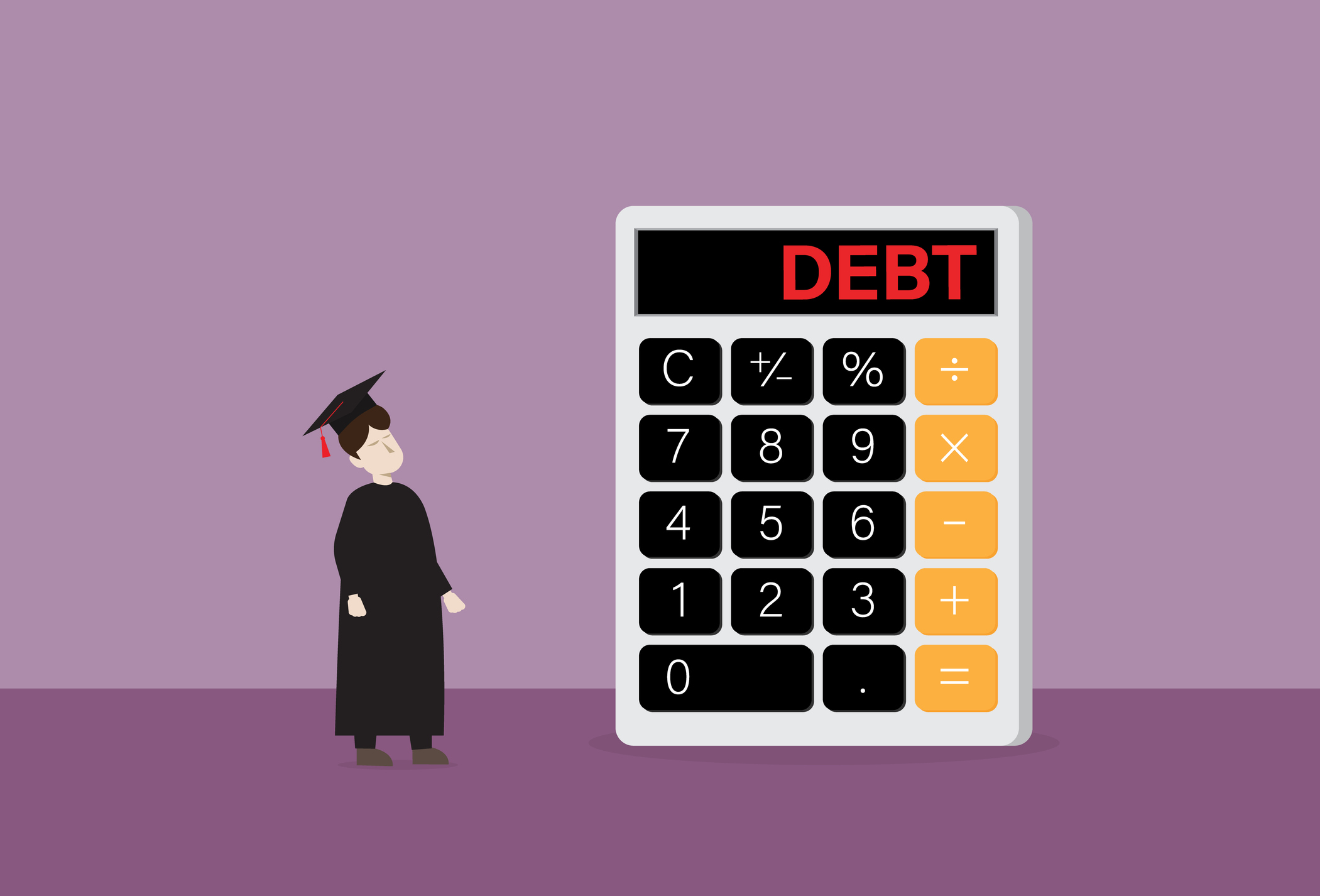Dependent-Care Flexible Spending Accounts Aren't Just for Kids' Expenses
You can use the money tax-free to cover care for dependents of all ages while you work.


Profit and prosper with the best of Kiplinger's advice on investing, taxes, retirement, personal finance and much more. Delivered daily. Enter your email in the box and click Sign Me Up.
You are now subscribed
Your newsletter sign-up was successful
Want to add more newsletters?

Delivered daily
Kiplinger Today
Profit and prosper with the best of Kiplinger's advice on investing, taxes, retirement, personal finance and much more delivered daily. Smart money moves start here.

Sent five days a week
Kiplinger A Step Ahead
Get practical help to make better financial decisions in your everyday life, from spending to savings on top deals.

Delivered daily
Kiplinger Closing Bell
Get today's biggest financial and investing headlines delivered to your inbox every day the U.S. stock market is open.

Sent twice a week
Kiplinger Adviser Intel
Financial pros across the country share best practices and fresh tactics to preserve and grow your wealth.

Delivered weekly
Kiplinger Tax Tips
Trim your federal and state tax bills with practical tax-planning and tax-cutting strategies.

Sent twice a week
Kiplinger Retirement Tips
Your twice-a-week guide to planning and enjoying a financially secure and richly rewarding retirement

Sent bimonthly.
Kiplinger Adviser Angle
Insights for advisers, wealth managers and other financial professionals.

Sent twice a week
Kiplinger Investing Weekly
Your twice-a-week roundup of promising stocks, funds, companies and industries you should consider, ones you should avoid, and why.

Sent weekly for six weeks
Kiplinger Invest for Retirement
Your step-by-step six-part series on how to invest for retirement, from devising a successful strategy to exactly which investments to choose.
Can I use money from my employer's dependent-care flexible spending account to pay for adult day care for my elderly mother, or is the account just for child care?
The dependent-care FSA isn't just for children. You can also use the money tax-free to cover care for other dependents while you work. To qualify, the person must live with you. Plus, either he or she must be considered your dependent for tax purposes or you must provide more than 50% of his or her support during the year. He or she must also be physically or mentally incapable of self-care, which the IRS defines as someone who cannot dress, clean or feed themselves because of physical or mental impairments, as well as people who must have constant attention to prevent them from injuring themselves.
To qualify, the care must be provided so you and your spouse can work (one of you can be a full-time student), unless the eligible dependent is your spouse.
From just $107.88 $24.99 for Kiplinger Personal Finance
Become a smarter, better informed investor. Subscribe from just $107.88 $24.99, plus get up to 4 Special Issues

Sign up for Kiplinger’s Free Newsletters
Profit and prosper with the best of expert advice on investing, taxes, retirement, personal finance and more - straight to your e-mail.
Profit and prosper with the best of expert advice - straight to your e-mail.
You and your spouse can contribute a total of up to $5,000 annually to a dependent-care FSA. The money escapes federal income taxes as well as Social Security and Medicare taxes; it may also avoid state income taxes.
For more information about the dependent-care FSA rules, including a detailed description of eligible dependents, see the Dependent Care FSA page from WageWorks, which administers employer FSA programs.
If you don't have a dependent-care FSA at work, your expenses may be eligible for the dependent-care tax credit. Up to $3,000 for one qualifying individual or $6,000 for two or more (which can include children under 13 as well as eligible adult dependents) qualifies for the write-off. As with the dependent-care FSA, both you and your spouse must have earned income from a job, unless one is a full-time student (or is the eligible person who is receiving care). The credit is worth 20% to 35% of caregiving expenses, depending on your income. For example, it’s worth 20% of the eligible expenses if your adjusted gross income is more than $43,000. For more information, see IRS Publication 503, Child and Dependent Care Expenses.
Even if you've used the maximum $5,000 from a dependent-care FSA at work, up to $1,000 in additional care expenses could still qualify for the dependent-care credit if you pay for care for two or more eligible people (such as a child under 13 and an elderly parent). See Claiming the Dependent-Care Tax Credit.
Profit and prosper with the best of Kiplinger's advice on investing, taxes, retirement, personal finance and much more. Delivered daily. Enter your email in the box and click Sign Me Up.

As the "Ask Kim" columnist for Kiplinger's Personal Finance, Lankford receives hundreds of personal finance questions from readers every month. She is the author of Rescue Your Financial Life (McGraw-Hill, 2003), The Insurance Maze: How You Can Save Money on Insurance -- and Still Get the Coverage You Need (Kaplan, 2006), Kiplinger's Ask Kim for Money Smart Solutions (Kaplan, 2007) and The Kiplinger/BBB Personal Finance Guide for Military Families. She is frequently featured as a financial expert on television and radio, including NBC's Today Show, CNN, CNBC and National Public Radio.
-
 How Much It Costs to Host a Super Bowl Party in 2026
How Much It Costs to Host a Super Bowl Party in 2026Hosting a Super Bowl party in 2026 could cost you. Here's a breakdown of food, drink and entertainment costs — plus ways to save.
-
 3 Reasons to Use a 5-Year CD As You Approach Retirement
3 Reasons to Use a 5-Year CD As You Approach RetirementA five-year CD can help you reach other milestones as you approach retirement.
-
 Your Adult Kids Are Doing Fine. Is It Time To Spend Some of Their Inheritance?
Your Adult Kids Are Doing Fine. Is It Time To Spend Some of Their Inheritance?If your kids are successful, do they need an inheritance? Ask yourself these four questions before passing down another dollar.
-
 The 'Scrooge' Strategy: How to Turn Your Old Junk Into a Tax Deduction
The 'Scrooge' Strategy: How to Turn Your Old Junk Into a Tax DeductionTax Deductions We break down the IRS rules for non-cash charitable contributions. Plus, here's a handy checklist before you donate to charity this year.
-
 Tax Day 2025: Don’t Miss These Freebies, Food Deals and Discounts
Tax Day 2025: Don’t Miss These Freebies, Food Deals and DiscountsTax Day You can score some sweet deals on April 15 in some select restaurants like Burger King, Shake Shack, and more.
-
 QCD Limit, Rules and How to Lower Your 2026 Taxable Income
QCD Limit, Rules and How to Lower Your 2026 Taxable IncomeTax Breaks A QCD can reduce your tax bill in retirement while meeting charitable giving goals. Here’s how.
-
 The Big CPA Shortage Problem in Accounting: What it Means for Your Tax Return
The Big CPA Shortage Problem in Accounting: What it Means for Your Tax ReturnCareer This once resilient accounting industry is cracking, as the labor force seems in dire straits. It’s also affecting the IRS.
-
 IRS: How to Get a 401(k) Match for Your Student Loan Payment
IRS: How to Get a 401(k) Match for Your Student Loan PaymentSavings Those with 401(k), 403(b), and other savings plans might get relief through their employer-provided retirement account.
-
 Non-Eligible HSA Expenses: When a Doctor’s Note Isn’t Enough
Non-Eligible HSA Expenses: When a Doctor’s Note Isn’t EnoughHealth Savings It's easy to get confused about whether diet products, gym memberships, and fitness trackers are HSA-eligible items.
-
 Roth IRA Contribution Limits for 2026
Roth IRA Contribution Limits for 2026Roth IRAs Roth IRAs allow you to save for retirement with after-tax dollars while you're working, and then withdraw those contributions and earnings tax-free when you retire. Here's a look at 2026 limits and income-based phaseouts.
-
 Five Tax Breaks for Paying Your Student Loan
Five Tax Breaks for Paying Your Student LoanTax Letter After a three-year pause, student loan payments have resumed, putting a dent in people's wallets. But there are some tax breaks that can help.